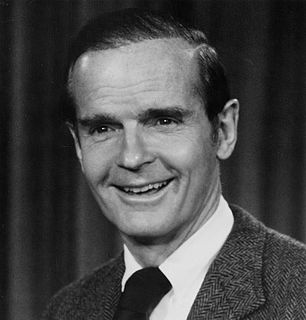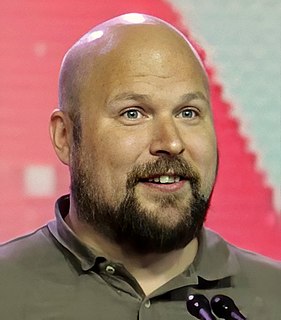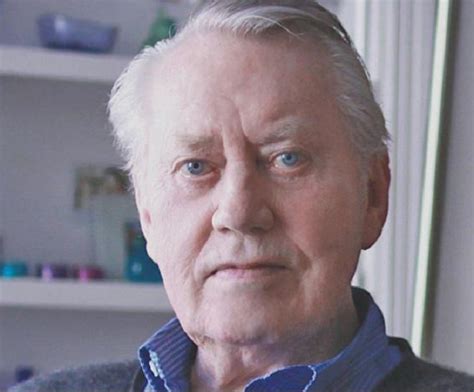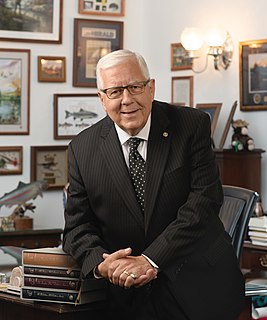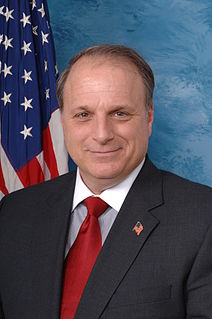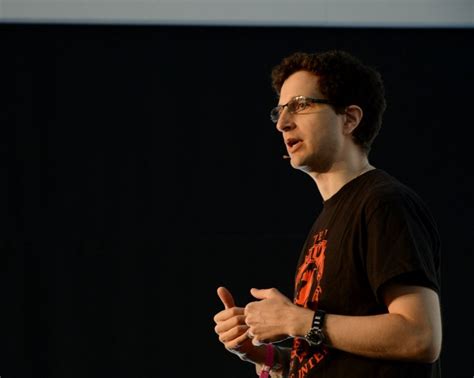A Quote by William Proxmire
I have spent my career trying to get Congressmen to spend the people's money as if it were their own. But I have failed.
Related Quotes
We tell the for-profit sector, 'Spend, spend, spend on advertising until the last dollar no longer produces a penny of value,' but we don't like to see our donations spent on advertising in charity. Our attitude is, 'Well look, if you can get the advertising donated (at four o'clock in the morning) I'm okay with that, but I don't want my donation spent on advertising, I want it to go to the needy,' as if the money invested in advertising could not bring in dramatically greater sums of money to serve the needy.
Doing good with other people's money has two basic flaws. In the first place, you never spend anybody else's money as carefully as you spend your own. So a large fraction of that money is inevitably wasted. In the second place, and equally important, you cannot do good with other people's money unless you first get the money away from them. So that force - sending a policeman to take the money from somebody's pocket - is fundamentally at the basis of the philosophy of the welfare state.
If you spend your own money on yourself, you care how much you spend and how well you spend it. If you spend your own money on someone else, you care how much you spend, but you don't care how well it is spent. If you spend someone else's money on yourself, you don't care how much you spend, but you do care how well it is spent. And finally, if you spend someone else's money on someone else, you don't care how much you spend, and you don't care how well it is spent. That is government.
I have wasted the greater part of my life looking for money and trying to get along, trying to make my work from this terribly expensive paintbox, which is a movie. And I've spent too much energy on things that have nothing to do with making a movie. It's about two percent moviemaking and ninety-eight percent hustling. It's no way to spend a life.
The best way to encourage economic vitality and growth is to let people keep their own money.When you spend your own money, somebody's got to manufacture that which you're spending it on. You see, more money in the private sector circulating makes it more likely that our economy will grow. And, incredibly enough, some want to take away part of those tax cuts. They've been reading the wrong textbook. You don't raise somebody's taxes in the middle of a recession. You trust people with their own money. And, by the way, that money isn't the government's money; it's the people's money.
Nothing changed in my life since I work all the time," Pamuk said then. "I've spent 30 years writing fiction. For the first 10 years I worried about money and no one asked me how much money I made. The second decade I spent money and no one was asking me about that. And I've spent the last 10 years with everyone expecting to hear how I spend the money, which I will not do.
